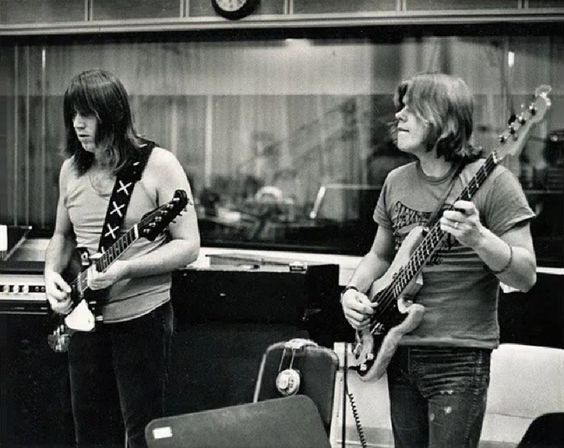This is what it means
To be alone
Tear out my heart
Feed it to lions
Oh, For this one wish
I beg you this tonight
Show me no mercy
But spare me my pride
I'm going for a drive
"You've done harder things than this," I told her, trying to gently talk her through the tears.

I should have said, "Take a deep breath, this is the pain. This is the part where you need courage."
You may need to go on a drive.
Because to let these moments of destiny and pain and truth fall upon you, without permanent hurt, you'll need to breathe, to think, to be alone.
Because this pain is going to expose you. Strip you. It's going to offer the world a view of your weakness and your humanness.
And it's going to dare you. Dare you to squint into to the icy, windy, empty unknown. The frightening place where the you in you is naked and alone, begging to be clothed and defined.
Where the you is really you. Brilliantly and shockingly disconnected. A place where tennis rackets and Mercedes and Amex cards are without meaning. The place where only true affirmations can be told.
My words simplify those of poets and philosophers. And I'm right.
Because this is the you you lost, you traded. The you you were.
And it's been covered, layer upon layer, in yoga pants and tennis skirts, martinis and marriages, children and homework and false affirmations. Quiescently, it's been waiting, all these years, to be rediscovered.
And it is a force that will not, cannot be, denied. It's entangled with the other quantum versions of you. The mathematical certainty that your soul exists across 10 dimensions, maybe even 26 dimensions.
But I can promise you this. It has a destiny. And sometimes it is pain that redirects you toward the path of your destiny.
And like the man who knows he cannot escape destiny, sometimes you just need to go for a drive. Allow the world to flow past you. Allow it's realities and possibilities and intricacies to flow into your mind, to widen your vision. Look into the sky and see the stars.
And as you drive, you'll perhaps find peace. Perhaps you will begin to understand why you may need to give up your heart. Give into the pain. The hurt. But know that while the universe will show you no mercy, it has a plan for you.
And while you may miss the Mercedes, it's far better to find your bliss riding among the stars.
So, on your drive, have courage. Trust in the universe.
Know that your destiny is beautiful. In one way or another, it is as glorious as the heavens. As the infinity of the stars.
The ones you'll see above you. Out there on your drive.







